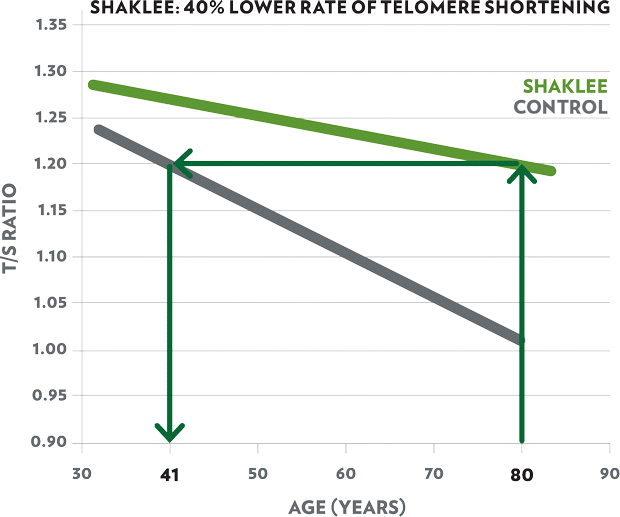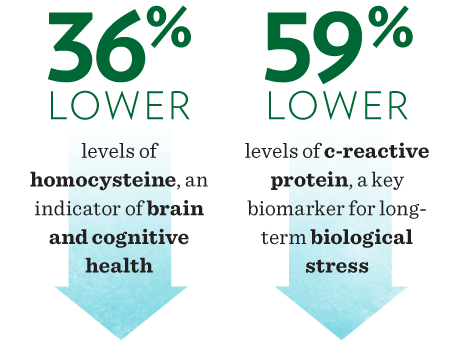Do you want to live forever? For some people that would be a definite no. In my opinion that’s because they feel the quality of their life, at an advanced age, would be bad. But what if you were 80 and felt like 40. Would that make you want to live another 20 years?
I want to live healthier longer.
For a long time we didn’t have the resources that we do now to help us be healthier. At our fingertips is almost any kind of information (help) that we can imagine that can let us live healthier lives, from eating better to managing our weight and avoiding getting diseases of aging.
In an age where we have all of this information, why are we sicker than ever? Is it free will? For sure we have too many bad choices that we can make, on a daily basis, that can add up to poor health. Before you can get something, you have to want to.
You have to want to. That’s only five short words but they are powerful. Do you want to have good health? Do you want to live healthier longer?
Choosing health is about building good health, not waiting until something is broken and try to fix it.
For a long time we didn’t have any long-term proof that natural supplements can make a difference. We now have that study, and we have that proof, that all-natural (food based) supplements were found to give people markedly better health than non-supplement users*.
Some measurable results from the Landmark Study include:
- 11% lower cholesterol numbers (cardiovascular health)
- 33% lower triglycerides (heart health)
- 36% lower levels of homocysteine (brain and cognitive healty)
- 59% lower levels of c-reactive protein (biological stress)
UC Berkeley conducted the Landmark Study, one of the largest studies of long-term supplementation, and found that Shaklee users had markedly better health than non-supplement users.**
We start life with healthy cells, and then as we age damage tends to accumulate as our cells are exposed to ultraviolet radiation, environmental toxins, stress, or a poor diet. The more our cells are exposed, the more potential for damage. In addition to lifestyle changes that can reduce exposure, what else can we do to help repair cells?
The scientific research on telomeres is producing some very interesting results. What are telomeres? Inside the center of a cell, our genes are located on twisted, double-stranded molecules of DNA called chromosomes. At the ends of the chromosomes are stretches of DNA called telomeres, which help keep our cells healthy (this of course is science in simple terms – the way I like to write!).
At conference last summer I heard telomeres compared with the plastic tips on shoelaces because they prevent chromosome ends from fraying and sticking to each other, which would scramble an organism’s genetic information to cause cancer, other diseases or death.
Each time a cell divides, telomeres get shorter. When they get too short, the cell no longer can divide and becomes inactive or dies. How can we keep our telomeres shorter?
The research on the power of polyphenols to protect telomeres is what I am targeting to help me live healthier longer. One of the components of Shaklee Life Plan is Vivix, a polyphenol supplement.
When I am 80, I would like to think I will have telomeres the same length as when I was 40!

Learn more about the Shaklee Life Plan:
*Results of the Landmark Study were based on testing the best, most comprehensive nutrition system in the world.
**Gladys Block, Christopher D Jensen, Edward P Norkus, Tapashi B Dalvi, Les G Wong, Jamie F McManus and Mark L Hudes. Nutrition Journal 2007, 6:30doi:10.1186/1475-2891-6-

